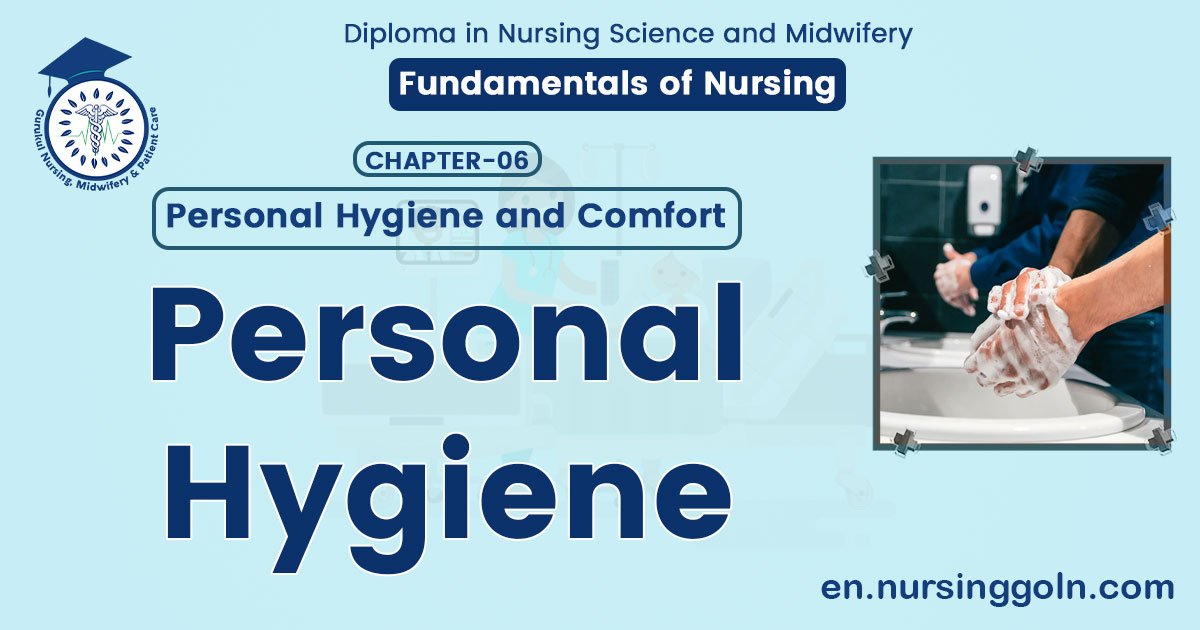Personal Hygiene – Nursing is a profession within the healthcare sector focused on the care of individuals, families, and communities so they may attain, maintain, or recover optimal health and quality of life. Nurses may be differentiated from other healthcare providers by their approach to patient care, training, and scope of practice. Nurses practice in many specialisms with differing levels of prescriber authority.
Many nurses provide care within the ordering scope of physicians, and this traditional role has shaped the public image of nurses as care providers. However, nurses are permitted by most jurisdictions to practice independently in a variety of settings depending on training level. In the postwar period, nurse education has undergone a process of diversification towards advanced and specialized credentials, and many of the traditional regulations and provider roles are changing.
Nurses develop a plan of care, working collaboratively with physicians, therapists, the patient, the patient’s family, and other team members, that focus on treating illness to improve quality of life. Nurses may help coordinate the patient care performed by other members of an interdisciplinary healthcare team such as therapists, medical practitioners, and dietitians. Nurses provide care both interdependently, for example, with physicians, and independently as nursing professionals.
Personal Hygiene
Definition of Personal Hygiene:
According to the World Health Organization (WHO), “Personal Hygiene refers to conditions and practices that help to maintain health and prevent the spread of discases.”
or
Personal hygiene may be described as the principle of maintaining cleanliness and grooming of the external body.
or
Personal hygiene may be defined as that branch of hygiene which concerns itself with the adjustments, which the individual must make to preserve and improve the health of his body and mind.

Purposes of Personal Hygiene:
1. To maintain good health.
2. To prevent the risk of disease.
3. To maintain body fitness,
4. To promote health.
5. To maintain high standards of health.
6. To enjoy healthy life.
7. To keep the mind always happy and for mental satisfaction
Factors Responsible for Personal Hygiene:
Personal hygiene is not only concerned with matters pertaining to health of a person, but also includes certain personal factors conductive to good health. They are-
1. Habit
2. Indigestion
3. Constipation.
4. Control of weight
5. Fatigue.
6. Anger
7. Sleep
8. Sleeplessness
9. Constitution
10. Heredity
11. Cleanliness
12. Baths
13. Oral hygine
14. Hands, nail, feet care
15. Eye and ear
16. External genitals
17. Posture
18. Exercise
19. Clothing (Ref by- Selim Reza/13h/665)
20. sex
